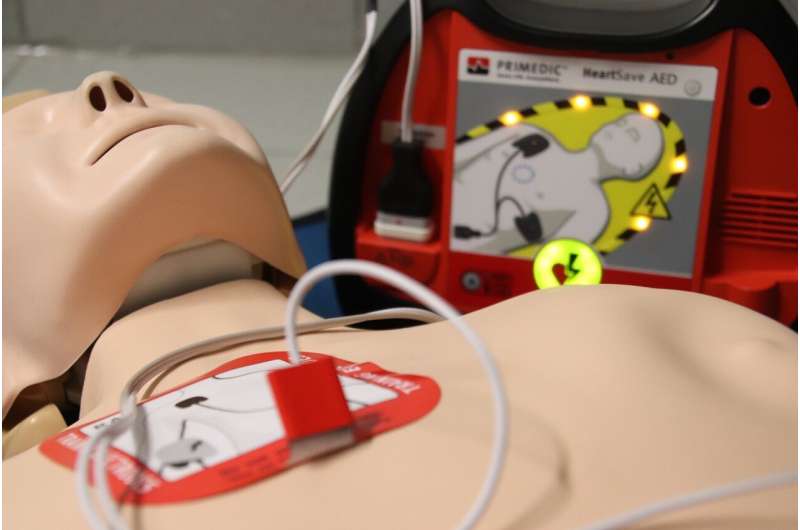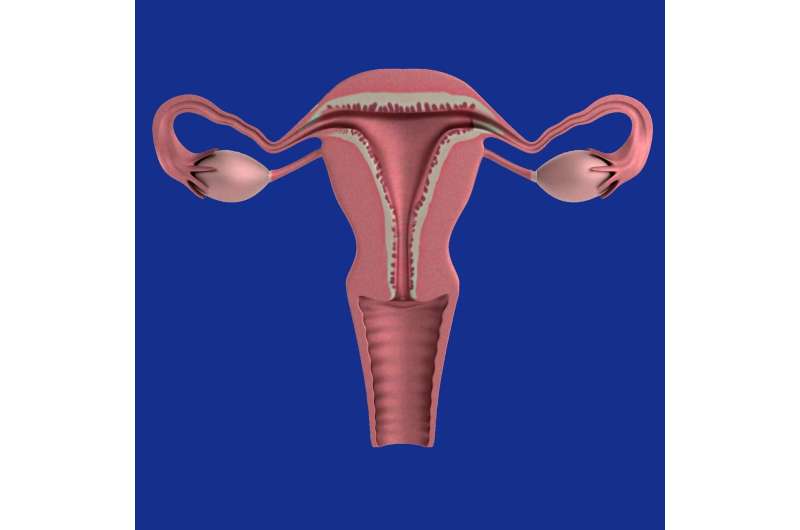Ten-Year Follow-Up Confirms Shorter Radiotherapy as Safe and Effective for Prostate Cancer

Prostate cancer remains the most frequently diagnosed cancer in men globally, with more than 1.4 million new cases each year. Radiotherapy is a common treatment option that can be as effective as surgery for localized prostate cancer, often allowing patients to continue their daily routines as outpatients. Traditionally, radiotherapy treatments span several weeks, posing challenges for patients and healthcare systems alike.
Recent research, however, has challenged this lengthy schedule. A landmark clinical trial called HYPO-RT-PC has demonstrated that a condensed, two-week course of high-precision radiotherapy can be just as safe and effective as the conventional eight-week regimen—even a decade after treatment. This pivotal finding was presented at ESTRO 2025, the European Society for Radiotherapy and Oncology's annual congress, and published in the journal Radiotherapy and Oncology.
Led by Swedish researchers, the study involved 1,200 men with intermediate- to high-risk localized prostate cancer. Participants were randomized to receive either:
- A short-course of 42.7 Gy in seven sessions over 2.5 weeks
- or a standard-course of 78.0 Gy in 39 sessions over 8 weeks.
The study assessed survival rates, cancer recurrence, and treatment-related side effects over ten years. Results showed that the failure-free survival rate was higher in the short-course group at 72% compared to 65% in the standard group. Overall survival was comparable, at 81% versus 79%, and prostate cancer-specific mortality was 4% in both groups. Importantly, urinary and bowel side effects were similar and generally mild to moderate.
These long-term outcomes confirm earlier five-year results, indicating that delivering higher doses in a shorter timeframe does not increase long-term side effects or compromise cancer control. Dr. Camilla Thellenberg-Karlsson from Umeå University highlighted that these findings support the safety and efficacy of ultra hypofractionated radiotherapy in real-world clinical settings.
The implications are significant: shorter treatment schedules mean less disruption for patients' lives and potential cost savings for healthcare systems, all without sacrificing safety or effectiveness. The phase III trial’s success offers a promising advance in prostate cancer management, making treatment more accessible and patient-friendly.
Professor Matthias Guckenberger, President of ESTRO, emphasized that reducing treatment time to two and a half weeks is a major step forward, allowing patients to return to their routines sooner and easing the burden on healthcare infrastructure.
Overall, this 10-year follow-up underscores the evolving landscape of radiotherapy, highlighting how modern approaches can deliver durable cancer control efficiently and safely.
Stay Updated with Mia's Feed
Get the latest health & wellness insights delivered straight to your inbox.
Related Articles
Decline in Cardiac Arrest Survival Rates During Early COVID-19 Years
A recent study reveals that COVID-19’s early years led to decreased survival rates for out-of-hospital cardiac arrests, with notable racial and ethnic disparities persisting through 2022. Learn about the impact and ongoing challenges.
Enhanced Survival in Advanced Breast Cancer with New PIK3CA-Targeted Treatment Combination
A groundbreaking phase 3 trial reveals that combining inavolisib with palbociclib and fulvestrant significantly prolongs survival in patients with PIK3CA-mutated advanced breast cancer, offering new hope through precision medicine.
Electronic Consent Shows Promise to Address Key Barrier in Stroke Research Recruitment
Post-hoc analysis of a major stroke trial reveals that electronic informed consent enhances patient enrollment and compliance, addressing key barriers in stroke research recruitment.



